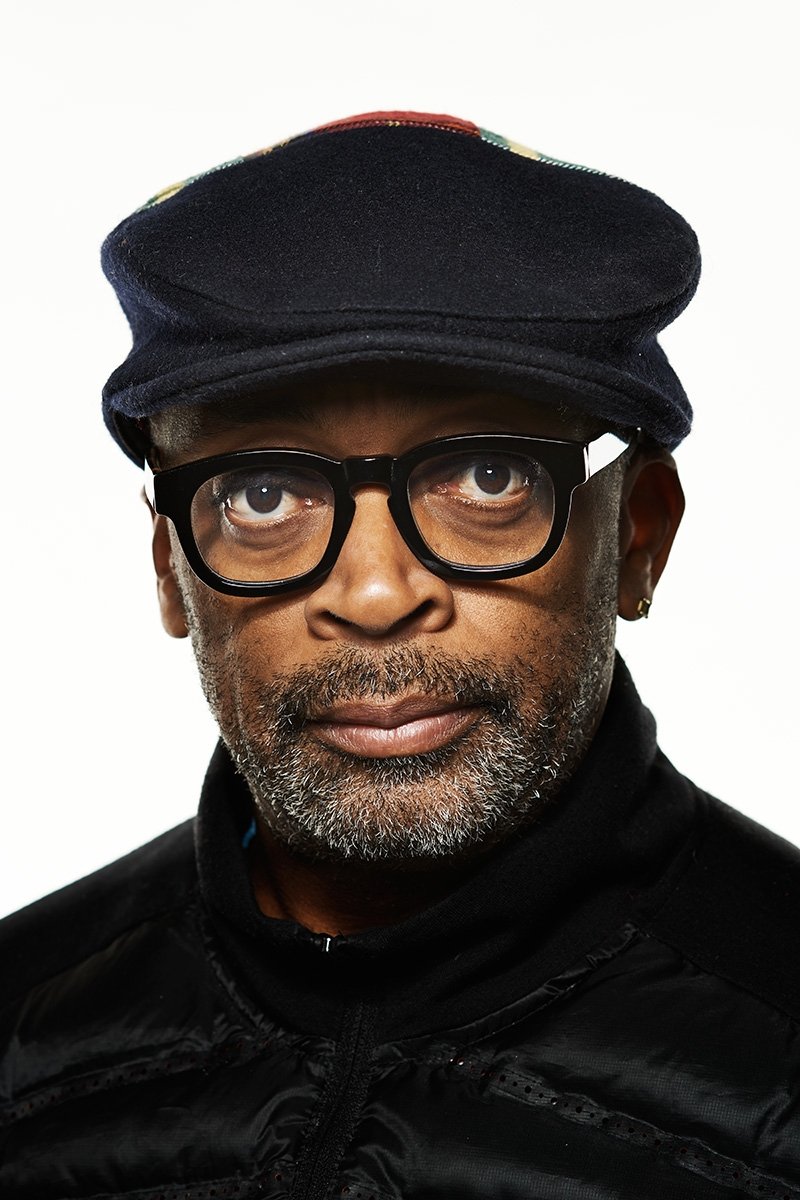

Untold stories behind the culture-defining and newsmaking musical performances, sketches and cameos of the past 50 years.

Preeminent West African curator and scholar Funmilayo Akechukwu’s magnum opus, The Resonance Field, leads her to the heart of the Atlantic Ocean, drawing a journalist into a journey that shatters her understanding of consciousness and time.
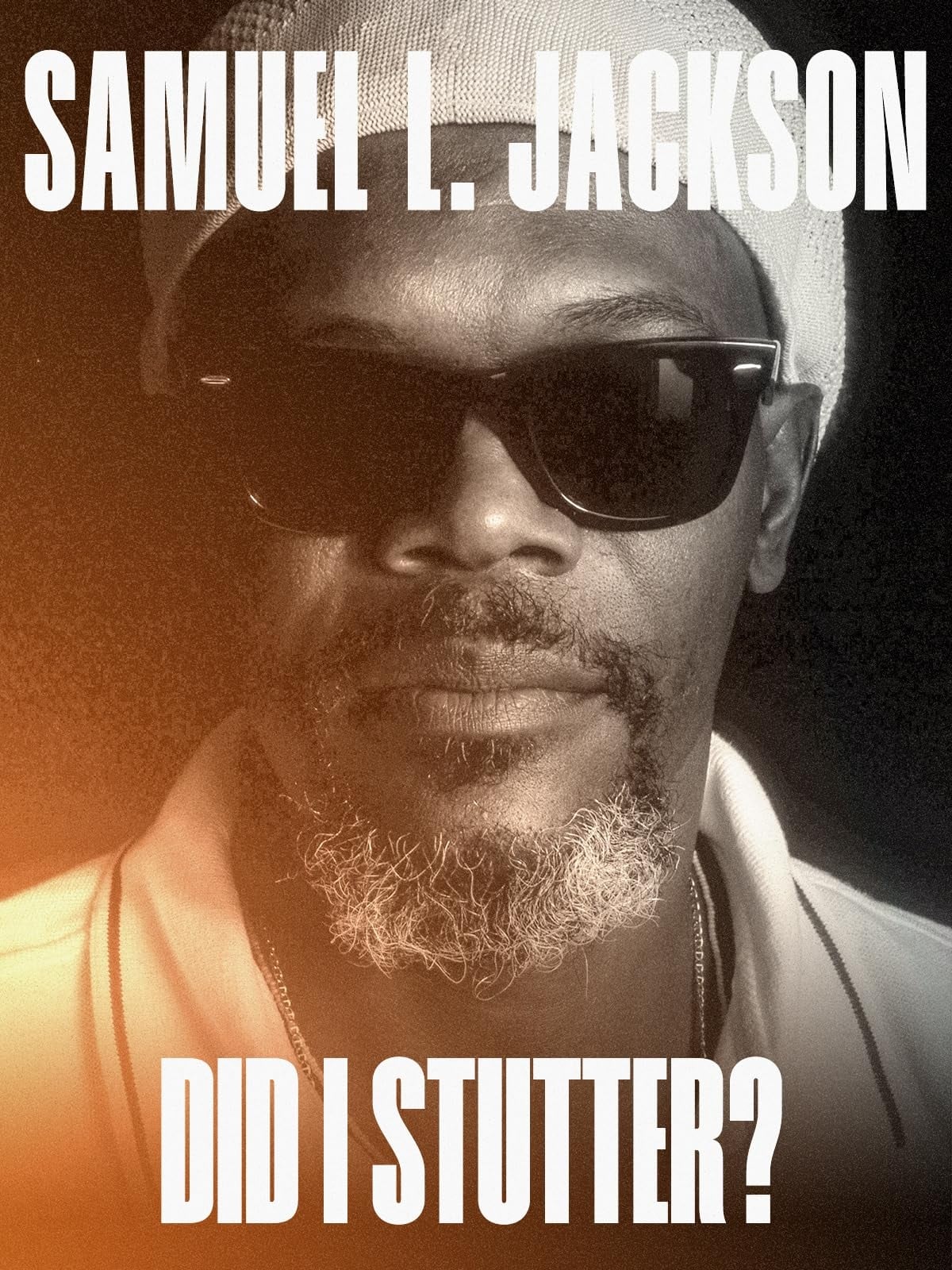
With a work ethic like no other and a filmography boosting over 150 films, it's hard to doubt Samuel L. Jackson's status as one of the most prominent figures in cinematic history.
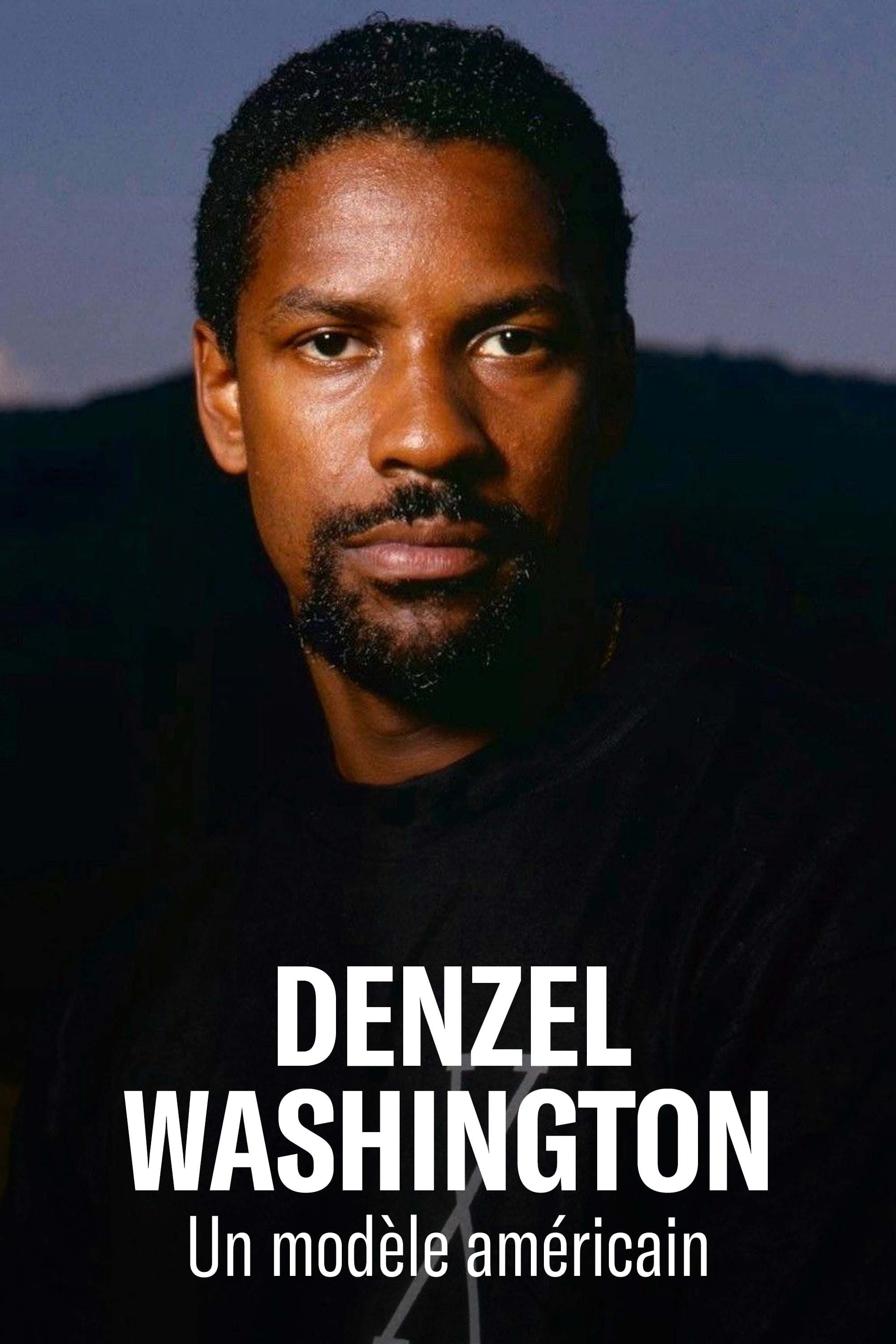
In 30 years of a deeply committed career and 50 roles, Denzel Washington, double-Oscar winner, placed the figure of the Black man in all its complexity at the heart of the American paradoxes: from Black activist, rebel soldier to gangster torn between violence and charity. Voted best actor of the 21st century by the New York Times a few months ago, Denzel Washington, 65, has risen to the top of American cinema. As an Actor, director and producer, he has shaken up a "color line" as immutable as it is subtle. Often identified with his characters, he reveals himself to be disconcerting and paradoxical. As if he were holding up a mirror to America in which all of its contradictions and failings were reflected. A documentary that chronicles the extraordinary career of the world-renowned African-American actor.
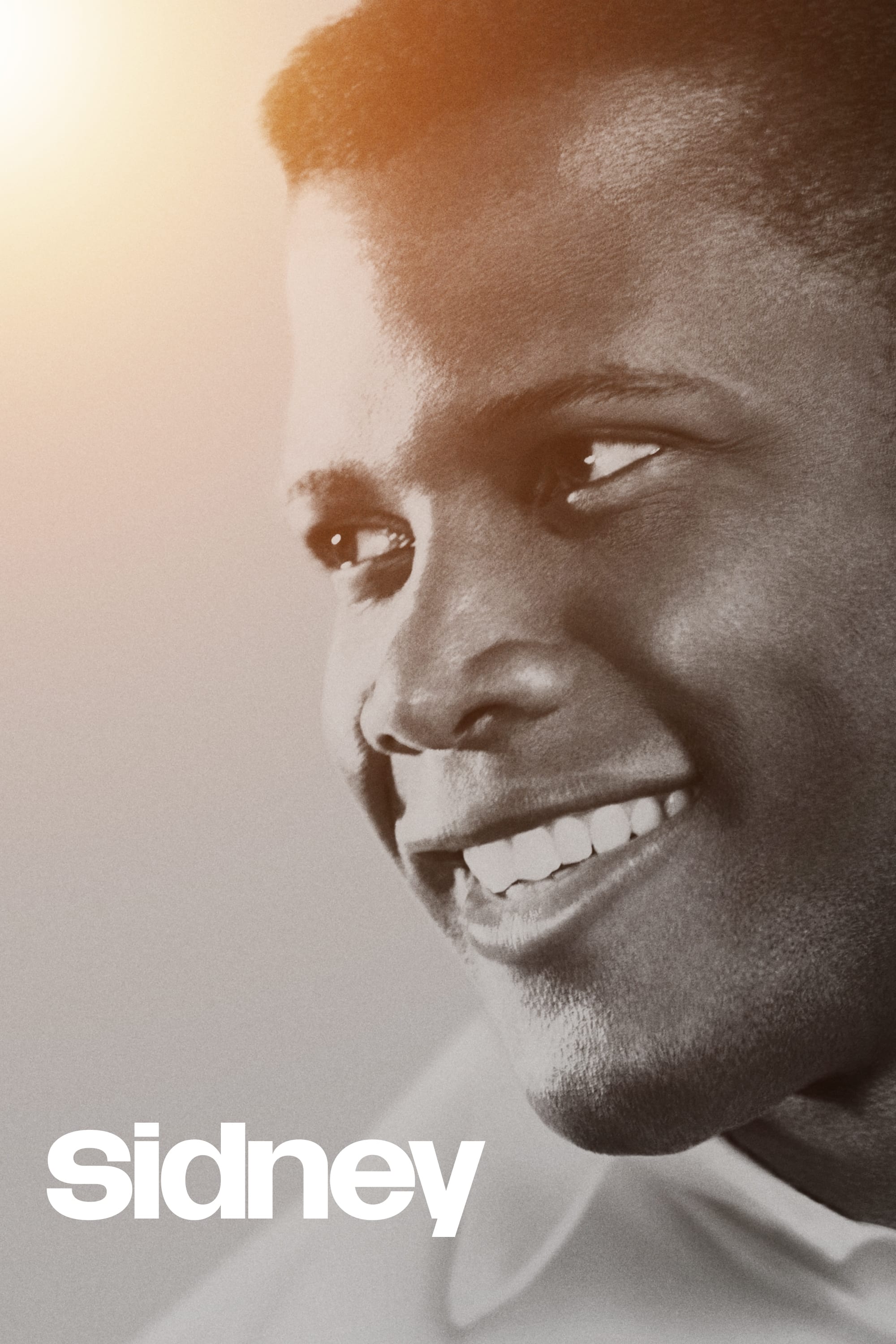
This revealing documentary honors the legendary Sidney Poitier—iconic actor, filmmaker, and civil rights activist. Featuring interviews with Denzel Washington, Spike Lee, Halle Berry, and more.
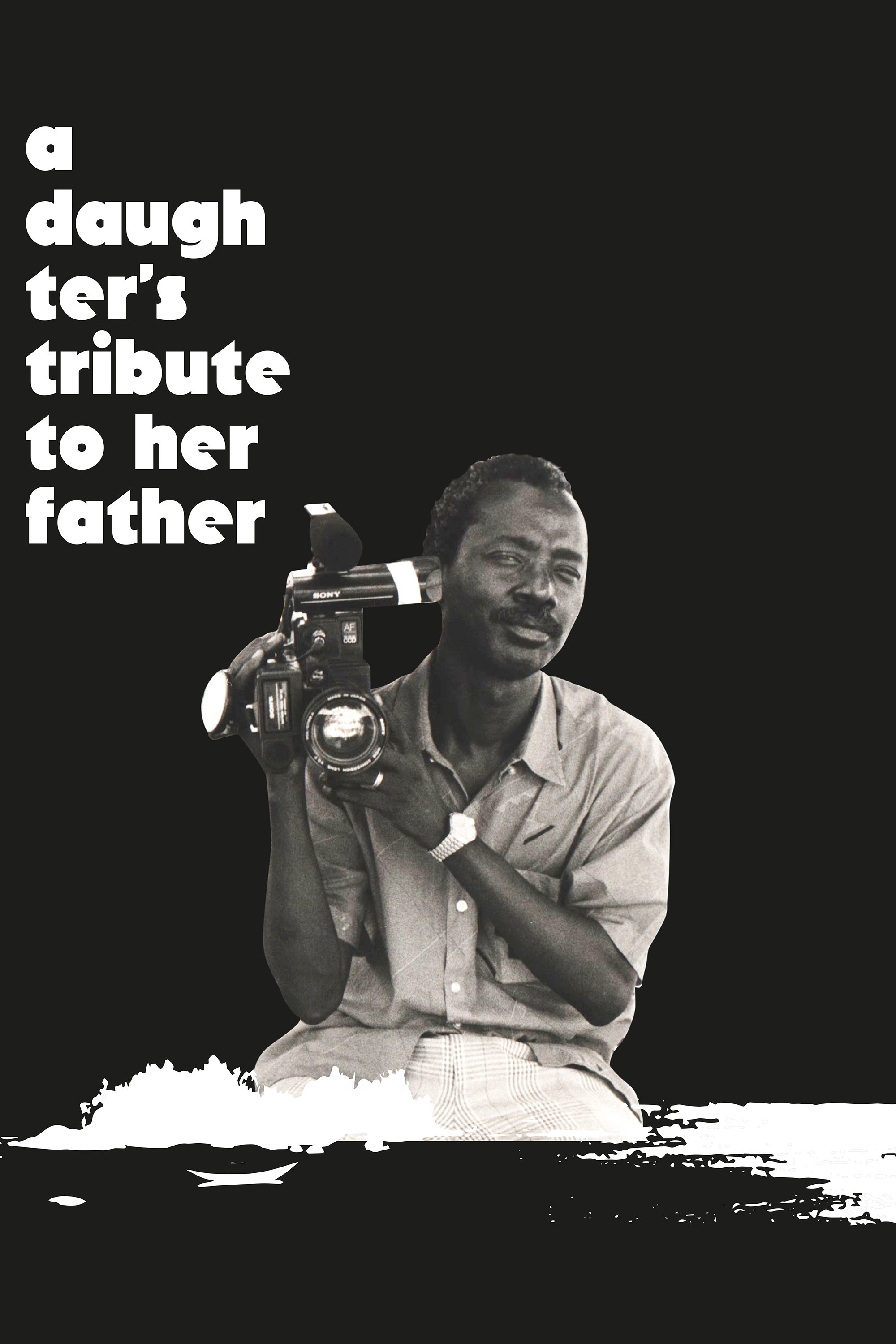
Fatou Cissé accompanies her father, malien director Souleymane Cissé, through a trip down his film career, painting an intimate and poetic picture of one of Africa’s most celebrated actors.
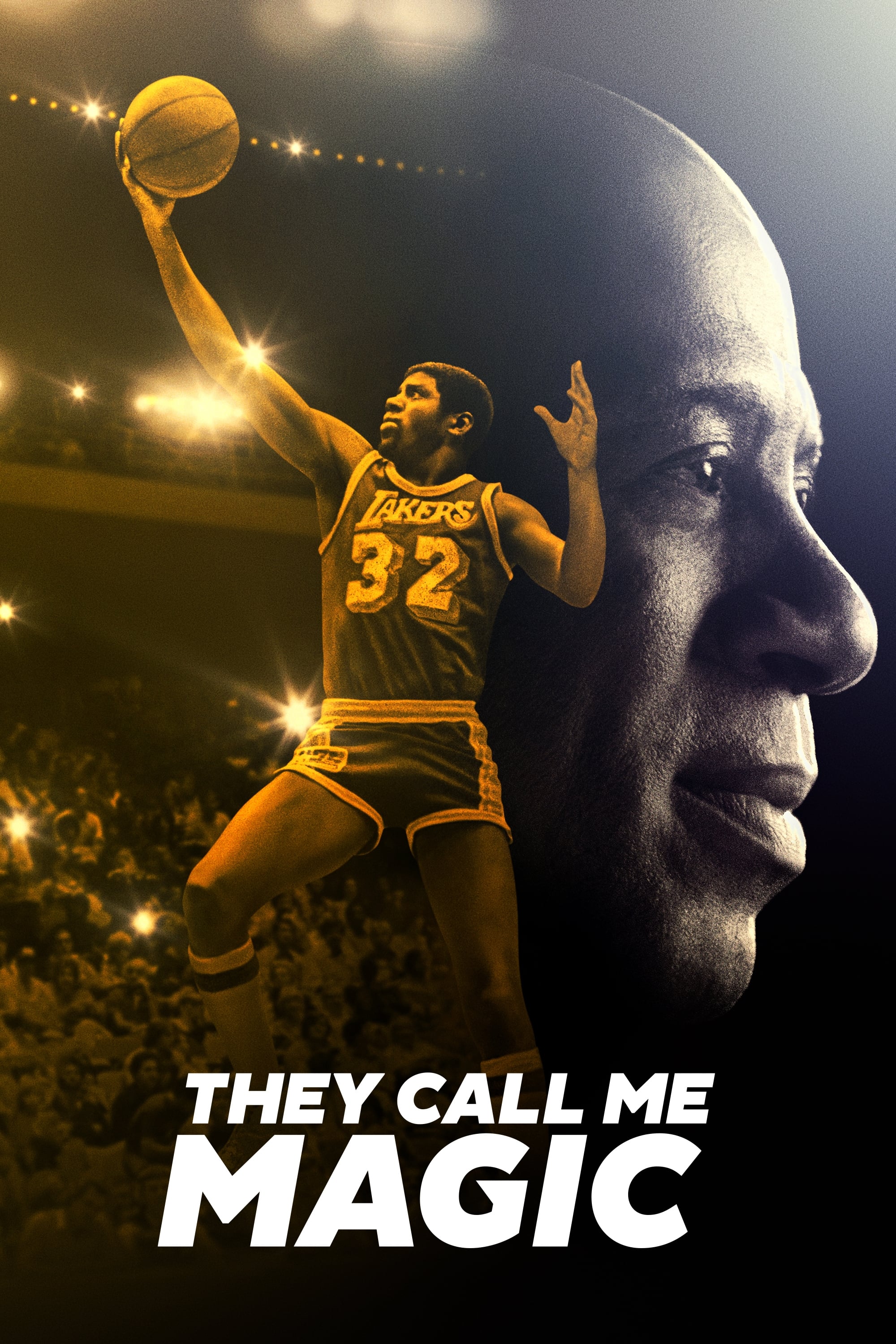
Earvin “Magic” Johnson is an icon for the ages—from humble beginnings to the Dream Team to business titan. Featuring candid interviews with teammates, rivals, family, friends, and more, this docuseries charts the life and career of a legend.
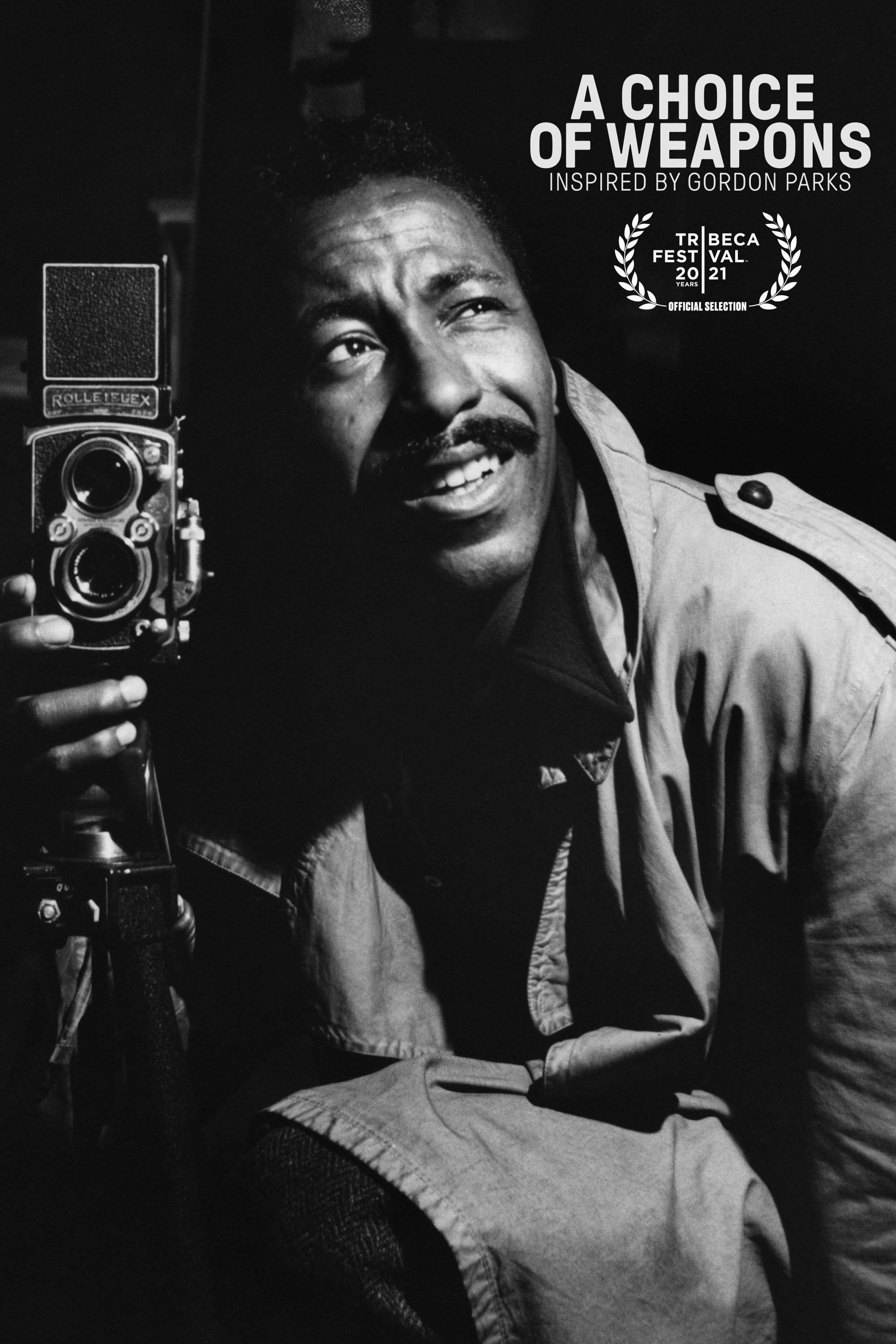
This documentary chronicles renaissance man Gordon Parks’ stellar career from staff photographer for LIFE magazine, through his artistic development photographing everyday Americans, through his evolution as a novelist and groundbreaking filmmaker.

An intimate look at the Oscar-nominated actor’s incomparable artistry, and the acting process which informed his transformative performances. Viola Davis, Denzel Washington, Spike Lee, George C. Wolfe, Branford Marsalis, Phylicia Rashad and more take us behind the scenes to explore Boseman's extraordinary commitment to his craft.

Wander the New York City streets and fascinating mind of wry writer, humorist and raconteur Fran Lebowitz as she sits down with Martin Scorsese.
Spike Lee (born March 20, 1957) is an American filmmaker and actor. He was born Shelton Lee in Atlanta, Georgia. At a very young age, he moved from pre-civil rights Georgia, to Brooklyn, New York. His father was a jazz musician, and his mother, a school teacher. His mother dubbed him Spike, due to his tough nature. He attended school in Morehouse College in Atlanta and developed his film making skills at Clark Atlanta University. After graduating, he went to the Tisch School of Arts graduate film program. He made a controversial short, The Answer (1980), a reworking of D.W. Griffith's The Birth of a Nation (1915) -- a ten-minute film. Lee went on to produce a 45-minute film Joe's Bed-Stuy Barbershop: We Cut Heads (1983), which won a student academy award. Lee's next film, "The Messenger," in 1984, was somewhat biographical. In 1986, Spike Lee made the film, She's Gotta Have It (1986), a comedy about sexual relationships. The movie was made for 175,000 dollars, and made seven million. Since then, Lee has become a well-known, intelligent, and talented film maker. His next movie was School Daze (1988), which was set in a historically black school and focused mostly on the conflict between the school and the Fraternities, of which he was a strong critic, portraying them as materialistic, irresponsible, and uncaring. Lee went on to do his landmark film, Do the Right Thing (1989), a movie specifically about his own town in Brooklyn, New York. The movie garnered an Oscar nomination, for Danny Aiello, for supporting actor. It also sparked a debate on racial relations. Lee went on to produce the jazz biopic Mo' Better Blues (1990) which showed his talent for directing and acting, and was the first of many Spike Lee films to feature Denzel Washington. His next film, Jungle Fever (1991), was about interracial dating. Lee's handling of the subject proved yet again highly controversial. Lee's next film was the self-titled biography of Malcolm X (1992), which had Denzel Washington portraying the civil rights leader. The movie was a success, and resulted in an Oscar nomination for Washington. His next films were the comparatively light, Crooklyn (1994), and the intense crime drama, Clockers (1995). In 1996, Lee directed two movies: the badly received comedy, Girl 6 (1996), and the politically pointed, Get on the Bus (1996), about a group of men going to the Million Man March. His next film, He Got Game (1998), proved to be another excursion into the collegiate world as he shows the darker side of recruiting college athletes. The movie, in limited release, yet again featured Denzel Washington. In 2000 came Bamboozled which made a mockery out of television and the way African-Americans are perceived by white America and the way African-Americans perceive themselves. The movie, however, was a resounding critical success. Lee also has produced films like New Jersey Drive (1995), Tales from the Hood (1995), and Drop Squad (1994). He also has produced and or directed movies about Huey P. Newton, Jim Brown, and has commented in many documentaries about varied subjects. Lee is an obsessive New York Knicks fan. He and his wife, Tonya Lewis Lee, have two children.
By browsing this website, you accept our cookies policy.